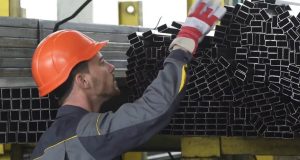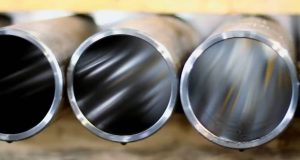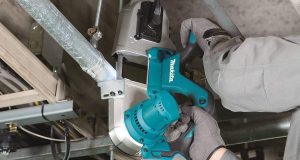Aluminum is one of the most widely used metals across multiple industries, known for its lightweight properties and adaptability. While pure aluminum has limitations, its unique attributes make it invaluable in various applications. From the construction of airplanes to the production of packaging materials, aluminum’s versatility is undeniable. In this article, we’ll explore the key uses of pure aluminum and why it remains in high demand despite its soft nature.
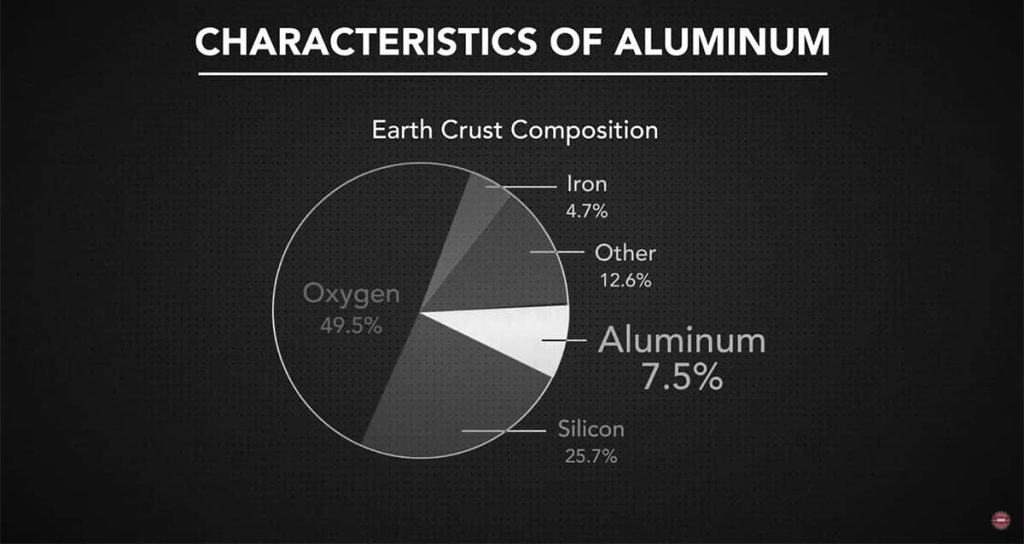
Key Properties of Pure Aluminum
Before diving into its uses, it’s essential to understand the properties that make pure aluminum such a valuable material:
- Lightweight: Pure aluminum is incredibly light, making it perfect for applications where weight reduction is crucial.
- Corrosion Resistant: Aluminum forms a natural oxide layer, protecting it from corrosion.
- Non-toxic: Safe for food and beverage packaging, making it an essential material in the packaging industry.
- Ductile and Malleable: It’s easy to form and machine, contributing to its widespread use in manufacturing.
Common Applications of Pure Aluminum
Pure aluminum is found in a variety of industries due to its specific characteristics. Below are some of the most common applications:
- Packaging: Aluminum is widely used for beverage cans, foil, and food containers. Its non-toxic and non-reactive nature makes it ideal for storing food and drink.
- Electrical Conductor: Pure aluminum is an excellent conductor of electricity and is often used in high-voltage electrical transmission lines.
- Transportation: Its lightweight nature makes it valuable in aerospace and automotive industries, helping to reduce the overall weight of vehicles and airplanes.
- Construction: Aluminum is used in roofing, window frames, and other building materials because of its corrosion resistance and durability.
Aluminum in the Aerospace Industry
One of the most significant uses of pure aluminum is in the aerospace industry. Aircraft manufacturers rely on this metal for its light weight, which contributes to fuel efficiency. Although pure aluminum itself is too soft for many structural components, it is often combined with other metals to form alloys, enhancing its strength while maintaining its lightweight benefits. Aluminum’s use in the aerospace sector includes everything from fuselage panels to interior cabin structures.
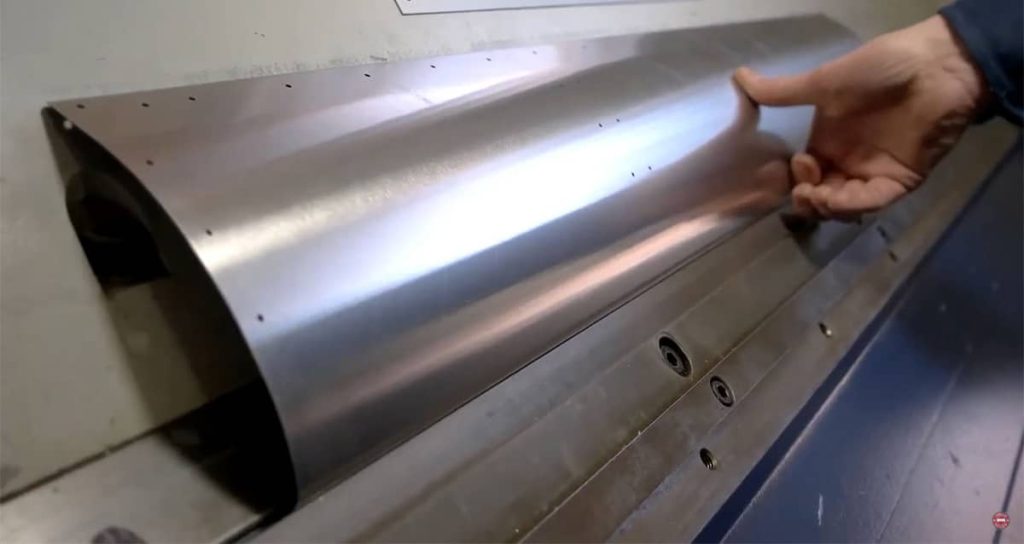
Packaging and Food Safety
Pure aluminum plays a crucial role in packaging, particularly in the food and beverage industry. Its non-reactive nature ensures that it doesn’t leach into food products, preserving the taste and quality of the items it protects. Aluminum foil, beverage cans, and food trays are some of the most common packaging applications. Moreover, its recyclability makes it an environmentally friendly choice for many manufacturers aiming to reduce waste.
| Industry | Application | Key Benefits |
|---|---|---|
| Aerospace | Aircraft panels, structural elements | Lightweight, enhances fuel efficiency |
| Packaging | Beverage cans, food trays, foil | Non-toxic, corrosion-resistant |
| Electrical | Power transmission lines | Excellent conductor of electricity |
| Construction | Roofing, window frames | Durable, corrosion-resistant |
Why Pure Aluminum is Not Always the Best Choice
Despite its many advantages, pure aluminum has certain limitations. It is relatively soft, which can limit its use in applications requiring high structural strength. This is why aluminum is often alloyed with other metals such as magnesium or copper, which helps enhance its mechanical properties. These alloys are commonly used in industries requiring more durable materials, such as construction and transportation.
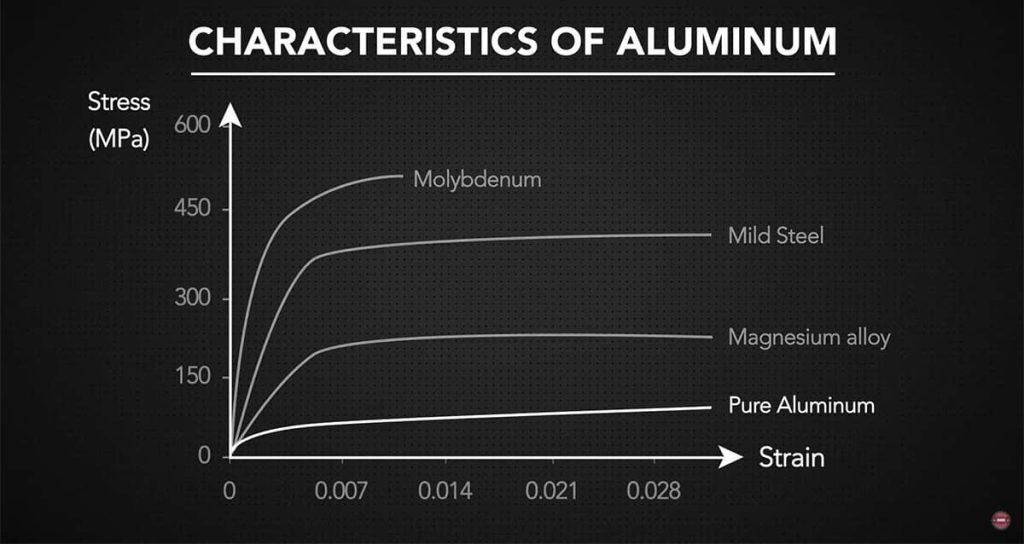
Aluminum and Its Importance in Electrical Applications
Pure aluminum is also used as a conductor in electrical applications. Its high conductivity, combined with its lightweight nature, makes it an ideal choice for overhead power lines. While it’s not as conductive as copper, aluminum is more affordable and much lighter, making it a cost-effective solution for long-distance power transmission.
Discover More: Take the Aluminum Characteristics Quiz on Sawblade University
If you’re curious to test your knowledge about the unique properties and uses of aluminum, head over to SawbladeUniversity.com and take the quiz on the Characteristics of Aluminum. This interactive quiz is a great way to solidify what you’ve learned and uncover more interesting facts about this versatile metal. Whether you’re a professional or just getting started, this quiz will challenge you and deepen your understanding. Test yourself today!
Learn More About Blade Coarseness for Optimized Cutting
Curious about how bandsaw blade coarseness impacts your cutting efficiency? Discover the importance of selecting the right blade coarseness for different materials in our in-depth article, “Understanding Bandsaw Blade Coarseness: The Key to Efficient Cutting.“ This guide will help you make informed decisions to achieve smoother, more accurate cuts while extending the life of your blades. Don’t miss out read the article to sharpen your cutting knowledge!
Pure aluminum is a highly versatile material that plays an essential role in many industries. While its softness may limit its strength, its other properties such as being lightweight, corrosion-resistant, and non-toxic make it an indispensable material for numerous applications. From aerospace to food packaging, pure aluminum continues to prove its value, contributing to both innovation and sustainability in the modern world.

